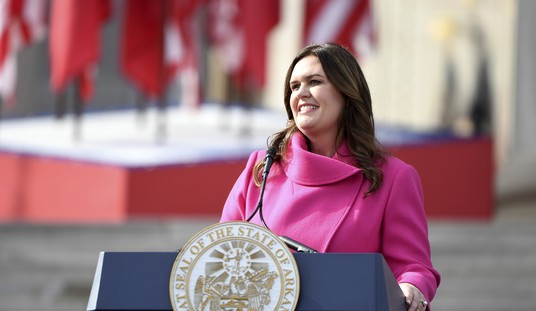This continuing tragedy serves as a lesson in the difficulty of change, the limits of hope and the necessity of vigilance.
June 25 marked the 60th anniversary of North Korea's premeditated attack on South Korea. The attack, which scattered South Korea's weak and disorganized defense forces, began a vicious two and a half months of combat. The North Koreans would smash the ill-starred U.S. 24th Division's Task Force Smith, then shove remnant South Korean troops and U.S. reinforcements into the Pusan Perimeter, at the southern tip of the peninsula.
In the weeks since June 25, I've re-read T.R. Fehrenbach's "This Kind of War," still the premier Korean War history. (Clay Blair's "The Forgotten War" is also an excellent book.) Published in 1963 and reissued in 2000, "This Kind of War" is lyric history, delivering analysis in elegant, honest prose. Fehrenbach is also a decorated Korean War veteran, a man in touch with the emotions as well as the facts.
"This kind of war," Fehrenbach writes, "is dirty business first to last." Fehrenbach's commentary on those first battles of July and August 1950 depicts the confusion of initial defeat and retreat, as well as the courage and intellect required to stem the onslaught. His chapter on the Inchon landing of September 1950 -- the American amphibious counter-stroke -- is incisive. Its 60th anniversary is two weeks away.
Recommended
Analogs to current events, beyond Korea, are striking. Fehrenbach points out on page 3 that the North Koreans tipped their hand on June 8, 1950, when newspapers in the North Korean capital, Pyongyang, printed a Communist Central Committee manifesto announcing elections "were to be held throughout North and South Korea, and the parliament so elected (was) to sit in Seoul no later than 15 August." The manifesto completely ignored the fact South Korea existed as a separate political entity backed by the United Nations.
"The manifesto," Fehrenbach writes, "made interesting reading. It was a storm signal. It seems a pity no one in the West bothered to read it. But then, if it had been read, it would have been ignored. Storm signals had been flying for more than four years. But the West did not prepare. It did not make ready because its peoples, in their heart of hearts, did not want to be prepared."
The Iran's radical regime continually issues threats. One wonders if Iran is in the process of convincing itself it can get away with an attack on Israel or Iraq.
Reading ahead to March 1951, President Harry Truman's relief of Douglas MacArthur as Korean commander connects -- in a roundabout fashion -- to President Barack Obama's relief of Gen. Stanley McChrystal. After the Truman administration said it would settle for the status quo ante, MacArthur threatened to take the war into China's "coastal areas and interior bases."
Fehrenbach's analysis of MacArthur remains trenchant: "MacArthur was no Ceasar. ... He was a servant of the Republic who felt so strongly that the course of the administration, eschewing triumph over the aggressor, was immoral that he had to put himself into public opposition. He was trying to influence policy. Under the Constitution of the United States, no soldier has that privilege."

























Join the conversation as a VIP Member